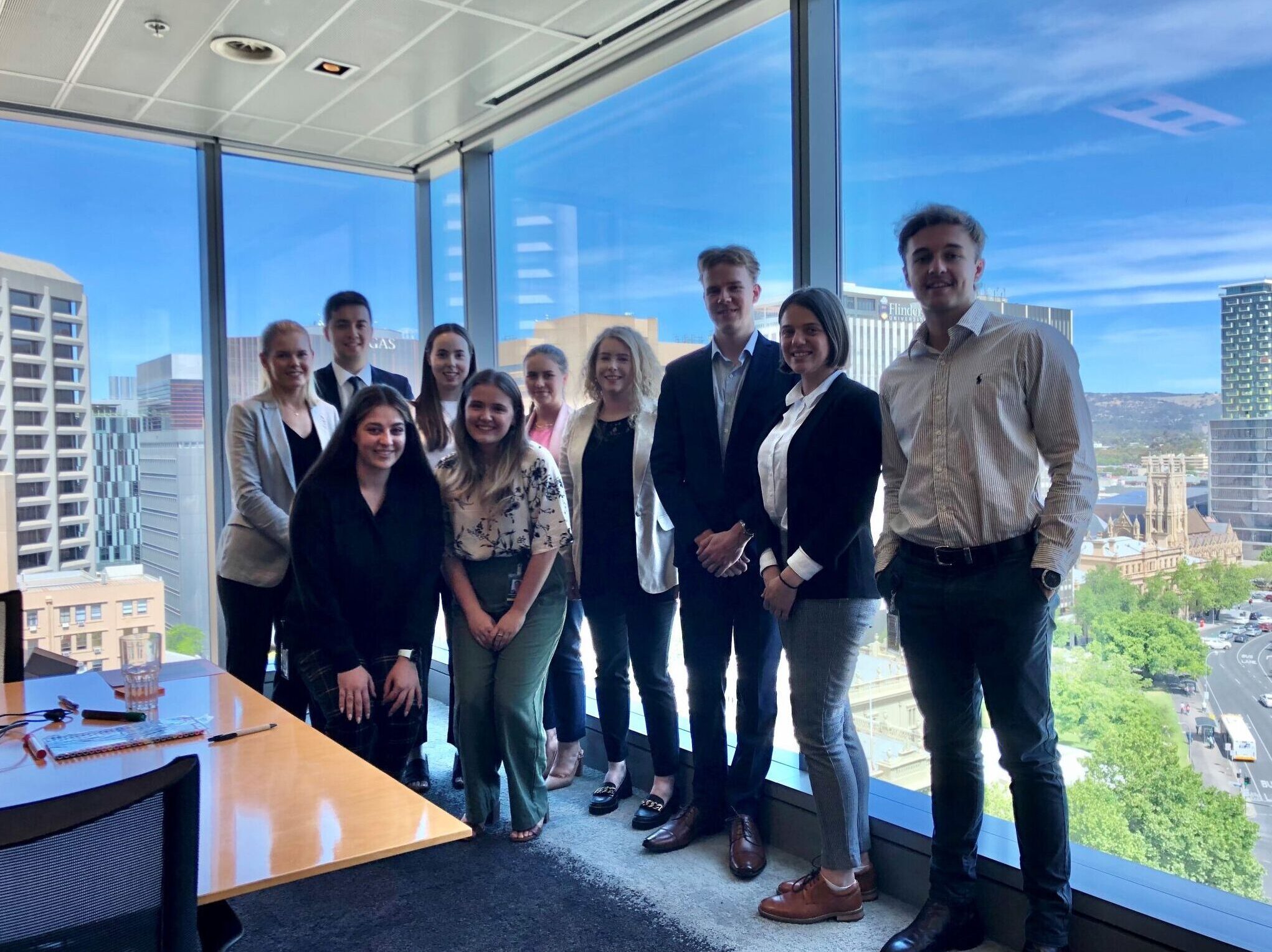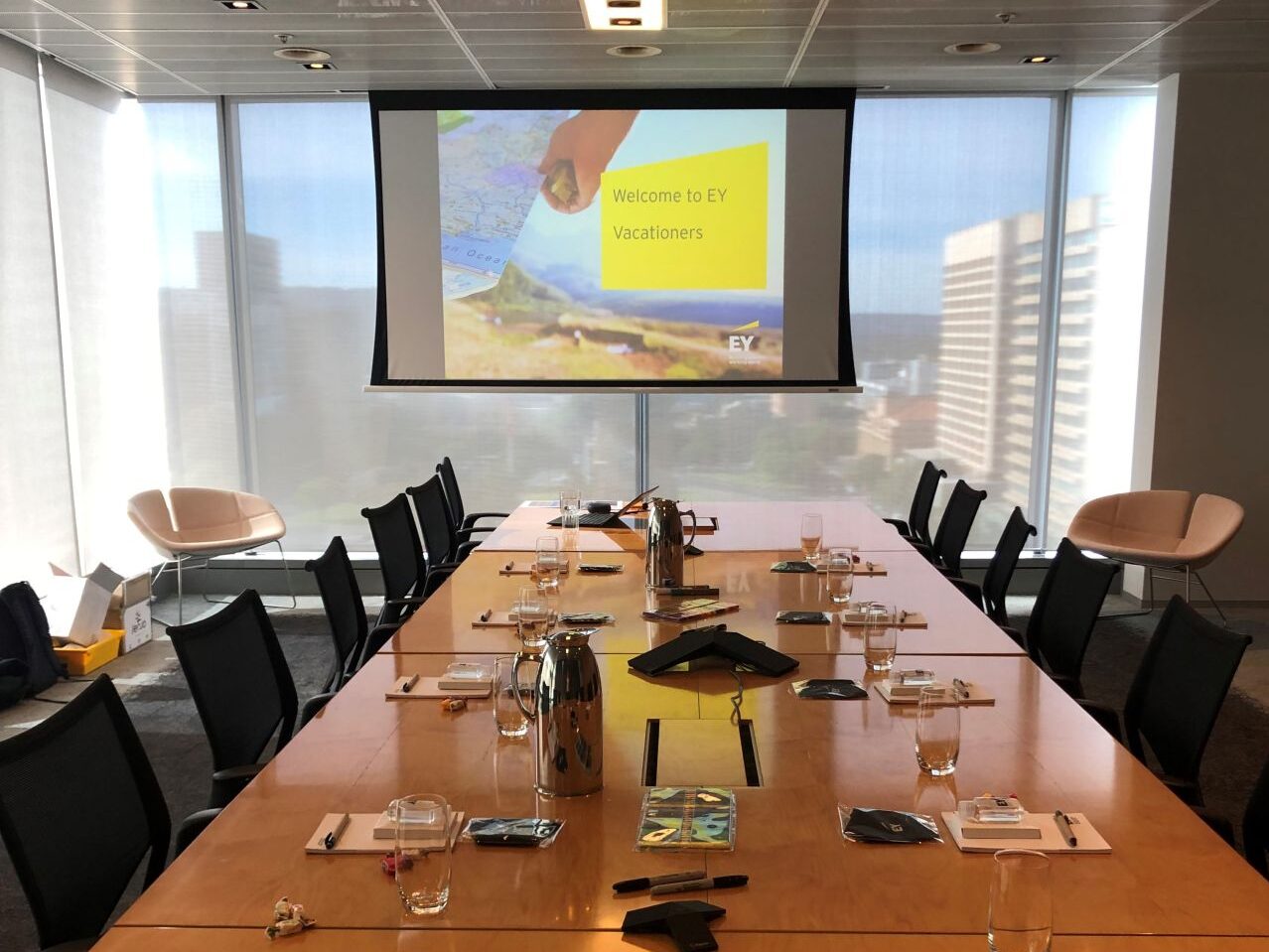This summer I interned at two professional services companies, Deloitte and EY, as a technology consultant.
A professional services company basically helps other companies do stuff that they can’t do themselves. In the past, this usually meant financial services such as auditing, accounting, and management restructuring (boring, sorry business majors). Technology consulting, meanwhile, can cover a wide range of areas depending on your interests and expertise. All the buzz-words! Artificial intelligence, big data, machine learning, cybersecurity, internet of things, cloud computing, blockchain, automation – the list goes on. Most people running businesses don’t understand how this stuff works, but they want to stay up with the times and use new technologies to run more efficiently. That’s where technology consultants come in.
Because tech is such a huge area, technology consultants are divided into a number of smaller teams depending on their expertise. During my internship, I got to move around to each team and learn about what they do, as well as meet with their clients and get working on some real life problems using what I learned at university (and continued learning on the job). While my university course has given me a great understanding of the technical side of computer science, interning as a technology consultant allowed me to put this knowledge to use in a business context in different industries.
So that sounds nice, but what did I actually work on as an intern?
I got to help a financial institution improve their cybersecurity practices by reviewing their systems. I was also led through a penetration test by one of the senior cybersecurity practitioners, which involves trying to hack into a company’s website to identify their security weaknesses. One of the companies I interned at was developing a machine learning model that could read through tonnes of disorganised spreadsheets – which would be both boring and massively time consuming for employees to go through manually – then reorganise and visualise this data. All of these capabilities were being wrapped up in an easy-to-use, flashy app!
Working in the digital transformation team, I got to look at the business side of technology by helping to develop data management policies for a client company. This is an aspect of technology that I had not been exposed to during my studies, and it was really interesting to see all the steps that come with adopting new technologies, down to the rules put in place to make sure tech is used safely and lawfully. As technology rapidly advances, this aspect of tech is becoming more and more important – just look at all the scandals that big tech companies like Facebook have faced recently for their unethical uses of data and technology.
Something that I really enjoyed about my internships was the variety of work. There’s a certain image that might come to mind when thinking about a programmer. Maybe someone sitting alone at a computer churning out code (which I have been known to do when working on some of my assignments…) And while the reality of being a programmer is much more versatile and collaborative, I found that technology consulting in particular attracts people who can leverage technical knowledge alongside people skills. You need to be able to communicate well with the companies you’re working with as a consultant, and you need to be able to explain technical concepts to people without a technical background. What’s more, you get to meet a lot of interesting people from loads of different industries, as I found out when I went out to visit different companies that both EY and Deloitte were working with. I met experts in healthcare, electrical engineering, ship building, and even potato farming! That’s the great thing about working in technology – you can work in any industry.
Personally, I would love to work on AI and data analytics projects in healthcare and sustainability, because I really want to use my technical knowledge to help others and work on crucial global issues.
The other thing I found engaging about consulting is that instead of working on a small part of a technical product like you might do in a typical software development job, you can approach problems from a higher level perspective, accounting for the many aspects that affect businesses when developing and adopting new technologies. So, tech consulting can expose you to every stage of technology development, from the coding itself to the drafting of policies that will inform how the technology is used properly within the company. There’s a lot of freedom to choose what you want to work on.
My colleagues at both companies were super welcoming and supportive, and were always happy to go for a coffee catch up and talk about their experiences in the industry (when we weren’t forced to work from home, that is). What they all seemed to say was that starting your career at a consulting firm can be a great way to broaden your knowledge in the many diverse areas of the tech industry, so that you can identify the areas that you most enjoy.
As someone who loves all things technology but is unsure of what I want to specialise in, this seems like a good way to start my career, expand my horizons, and help me to discover what I love most in tech.
When I began studying Computer Science, I went in with that image in my head – the lonely (probably male) programmer – and I was apprehensive about what my future career would look like. Both the connections I have made at university and during my internships have shown me the huge variety of careers there are within tech, ranging from software development to the higher level, communication-focused world of consulting. I have found that the professional world is far more diverse than the stereotypes would have you believe, and that there are opportunities for tech geeks in heaps of different industries. I’m a lot more confident on the other side of my experience, and was lucky enough to secure a graduate role at a technology consulting company where I will be working as a software engineer! This means that I will be doing similar work to what I did during my internship, but I will have the opportunity to get more hands-on and write code. To me, this seems like a great blend of tech consulting and a more traditional programming job. Exciting stuff 🙂


About Olivia: Olivia studies Computer Science, majoring in Artificial Intelligence. In the future, she hopes to contribute to projects in AI and software engineering that make the world better! When she’s not studying you will find her painting (digitally), writing (sci-fi!), or watching Doctor Who.